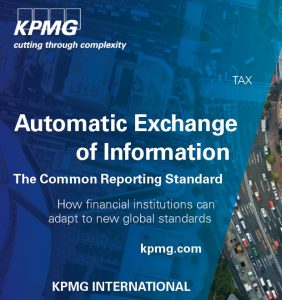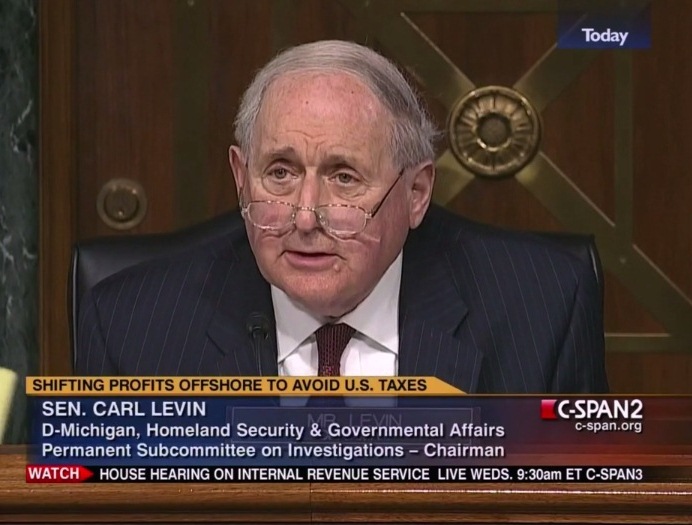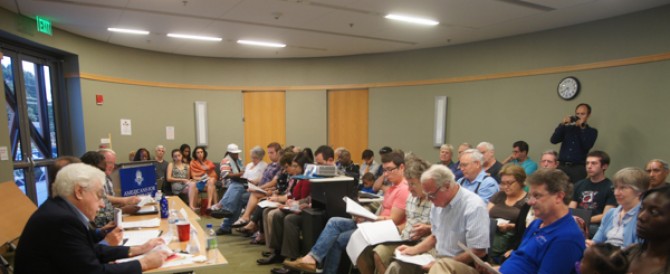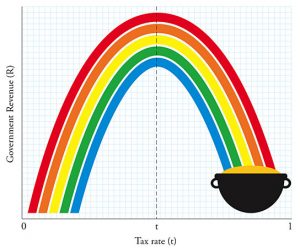Britain’s antiquated “non-domicile” rule is a relic from an age of empire. It involves defining a person’s tax residence according to, in essence, their tribal affiliation. It’s not the same as nationality or tax residence. As the UK government defines it:
“broadly speaking you have your domicile in the country that is your ‘real’ or permanent home which, if you have left, you intend to return to.”
So people with some deep-rooted allegiance elsewhere (or so they might claim) can live in the UK and enjoy all its public and private services and amenities, and yet be treated as if they are not tax resident in the UK like everyone else who enjoys and pays for those same amenities. If you are a ‘non-dom’ then (to over-simplify) you are taxed only on the income earned domestically, and not on your income earned overseas. Of course, if you’re a wealthy person too, the trick then is to shift all your income overseas so you escape tax altogether.
One set of rules for the wealthy, another set for the rest of the UK’s citizens – and it also means that a lot of people who would live in other (often poor) countries and pay taxes there, live in London and effectively pay tax nowhere. All this is profoundly damaging, as we’ve remarked before.
“Ah, but!” cry the defenders of non-dommery. “Just look at all the tax revenues that the non-dommers pay in the UK! Don’t kill the golden goose!.”
And it’s true – in so far as it goes. Private Eye reports:
“Latest figures, for 2011/12, show that non-doms paid £6.3 billion income tax, which sounds a fair bit and is used by tax advisers to support the “golden goose” argument: that if the non-doms were fully taxed they would stop paying this useful amount.”
But here’s the catch. There are non-doms and there are super-wealthy non-doms. Private Eye continues:
“What they don’t say is that non-doms also paid £2.1bn in national insurance, proving that the money comes not from the entrepreneurs and ultra-wealthy who dominate the top of the rich lists, but mainly from those earning salaries from UK jobs, largely bankers but not the footloose ultra-wealthy – who, while they buy up the British property market, evidently pay little income tax.”
Martin Wolf, the Financial Times’ chief economics correspondent, pursued the non-dom logic, reminding us that the race to the bottom in getting poorer people to subsidise the super-rich does not stop when their tax reaches zero: the logic of the race turns it negative.
“Non-doms, we are told, make a gigantic contribution to the economy. If they are taxed too heavily, they will depart and the economy will suffer. Again, why not pursue this argument a little further? Should the UK not subsidise the inflow of human capital, just as many countries subsidise inflow of foreign direct investment? What about a negative tax (a subsidy) on all UK income earned by non-doms above, say, £100,000 a year?
Yet this, too, ought to be extended to highly paid citizens who, presumably, also provide big benefits to the economy. Why should the country wish to subsidise people to employ foreigners instead of citizens. So why not give everybody who earns about £100,000 a year a negative tax rate or at least a nice juicy lump sum?”
This reveals the nonsense at the heart of the UK vision of ‘competitiveness’, where the poor subsidise the rich in order to win some sort of ‘global race.’
Also note that those salaried people who are paying the lion’s share of the non-doms’ six billion pounds’ worth of taxes, as we well know, don’t up sticks when asked to pay tax (see here, here or here – just for instance; with evidence that the top destination for people who flee the UK is . . . high-tax France.)
And let’s be honest, the lion’s share of those super-wealthy non-doms are predominantly in London, and for mostly non-tax reasons: that it’s a global city with fabulous schools and amenities, where they can do their deals and speak English, and so on. Tax is a factor, but at the margin.
So what this non-dom tax system is doing is reaping dubious peanuts in terms of the relatively small numbers of houses they buy and other bits and pieces – which they may well own even if they weren’t resident in Britain – but at an enormous tax cost, not to mention the costs to democracy and the rule of law.
And that’s what being ‘competitive’ has come to mean in modern Britain.
















